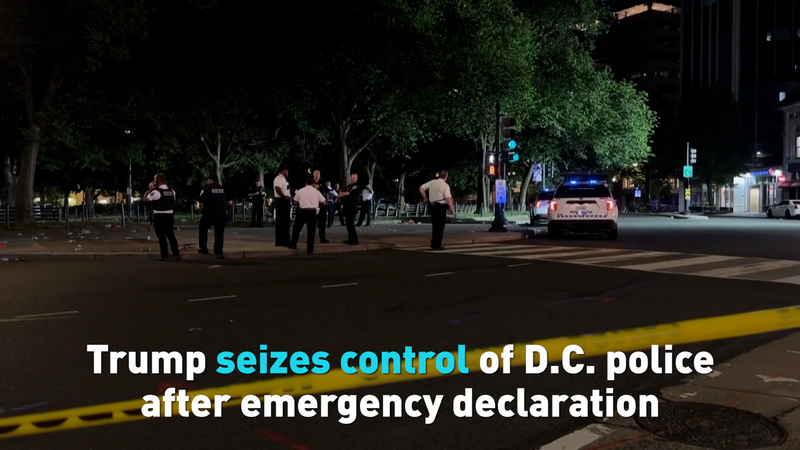In a move that critics call unprecedented, U.S. President Donald Trump has declared a public safety emergency in Washington, D.C., shifting control of local law enforcement into federal hands. The decision marks a rare exercise of emergency powers, raising questions about the balance between municipal authority and executive reach.
By invoking an emergency declaration, the White House now oversees key policing decisions in the nation's capital. Supporters argue the measure ensures rapid response to security threats, while opponents warn it undermines local governance and sets a concerning precedent for federal intervention.
Local leaders and community activists have voiced strong criticism, describing the action as an overstep that could erode trust between residents and law enforcement. Some legal scholars also warn that granting the president direct control over city police departments challenges the traditional separation of powers.
As D.C. police prepare to follow federal directives, all eyes are on how this shift will play out on the streets. Will the declaration lead to smoother coordination or deepen tensions between federal and local authorities? For globally minded readers, this episode offers a timely case study in the tug of war over public safety and the limits of executive power.
Reference(s):
Trump seizes control of D.C. police after emergency declaration
cgtn.com



